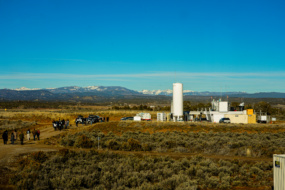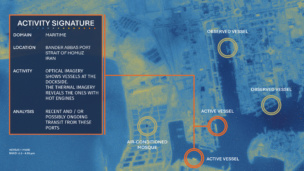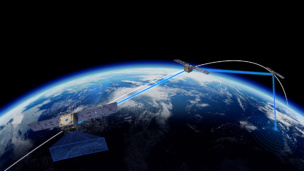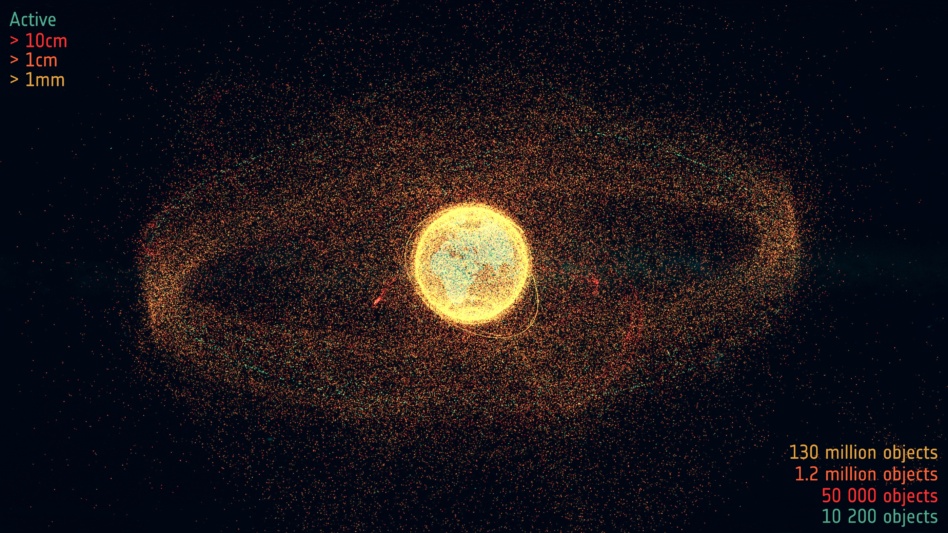It took them a few years, but Airbus, Thales, and Leonardo have finally come to an agreement to merge their space businesses into one. This week, the three European space primes signed an MoU to combine their space divisions in an effort to better compete against the global market (namely, SpaceX).
Under the agreement, Airbus will lead the new venture with 35% ownership, while Leonardo and Thales will hold 32.5% each. If the deal goes through, the as-yet unnamed venture plans to come online as early as 2027. It would employ around 25,000 workers across the continent, and boast an annual revenue of approximately €6.5B.
But how great will the impact be on the broader European space industry? Payload spoke with a handful of venture capital firms on the continent, and the overwhelming sentiment was the same: Startups are going to be just fine.
Making it work: While news of the merger made a big splash in the headlines, it will take years to bring the companies together. There’s also no guarantee that the combination will be any better than the sum of its parts, investors told Payload.
“These organizations, they will not change overnight to become much more dynamic and agile. It’s just not going to happen,” NewSpace Capital Investment Partner Daniel Biedermann told Payload. “It will take time for them, and that also gives opportunity for good startups and good scale-ups to actually position themselves in the market.”
As investors explained, Airbus, Thales, and Leonardo have spent years telegraphing their intention to merge, which gave the investment community an opportunity to target aspects of the market that would remain lucrative.
“These three companies separately today are present across many parts of the space value chain, but on a day-to-day basis, I don’t think they are affecting a lot of the venture funded space economy,” said Filip Kocian, an investor at Expansion Ventures. “Outside of the massive billion-[Euro]-plus government contracts, I would say startups have a very solid chance to compete.”
Landscape shifts: Some startups—like Aerospacelab, which is building a megafactory in the hopes of landing a lucrative IRIS2 contract—will continue to compete directly with the new venture. For the most part, though, the European startup community will remain insulated from direct competition with the new European giant.
The real risk to the total ecosystem in Europe, as investors see it, lies in how the new venture will change the nature of large government and institutional procurement decisions.
“These companies, Airbus, in particular have a good reputation for treating their suppliers well and maintaining this tradition will contribute to a healthy European ecosystem,” Maureen Haverty, Investment Principal at Seraphim Space, told Payload via email. “Will governments only deal with larger players and startups only get subcontracts? That would hamper innovation and make it harder for startups to mature and grow.”
But ESA and European Commission contracts are only part of the equation. With rising defense spending by national governments across the continent, there remains a healthy ecosystem for companies to put forward innovative dual-use technologies. But whether or not defense organizations are more comfortable working with agile startups versus this new space prime is yet to be seen, Haverty said. Other investors took a more optimistic approach.
“This consolidation actually creates a phenomenal opportunity for NewSpace companies to step into the void if European governments finally move away from treating space as a jobs program for local districts and start embracing open competition,” Bulent Altan, founding partner of Alpine Space Ventures, told Payload via email. “If they do, they’ll save taxpayer money, build real industrial capability, and unleash the innovation Europe desperately needs.”
Can they compete? As an aside, many of the investors who spoke with Payload voiced their uncertainty about whether or not the new space prime could achieve its goal of becoming more competitive on the international market.
For one, the merging companies still have to convince European regulators that they’re not engaging in anti-competitive behavior by combining. They may have a hard time doing so—especially if OHB, the German A&D prime and the “only remaining bigger system integrator in Europe,” according to NewSpace’s Biedermann—puts up a protest.
More broadly, investors weren’t buying the line that the new venture could take on the likes of SpaceX.
“To me, it’s almost a joke when they say, ‘This is now something that can compete with SpaceX.’ And then in the next sentence, it says, ‘Oh, and we start in 2027.’ I mean, in two years, SpaceX has probably reinvented themselves three times,” Biedermann said.
If that wasn’t strong enough, other investors took the merger as a more positive sign for the future of Europe’s startup ecosystem.
“Let’s not confuse consolidation with competitiveness,” Altan said. “I don’t see this merger creating a competitive force at all to SpaceX. If there is to be a competitor to emerge from Europe, they are in the start-up ecosystem today.”





